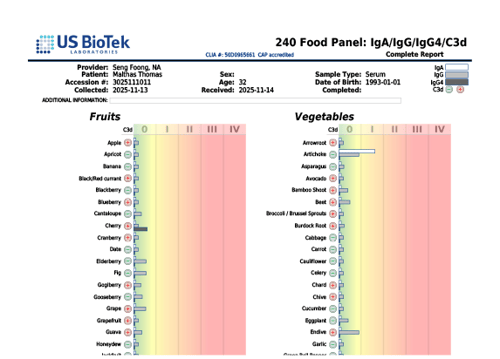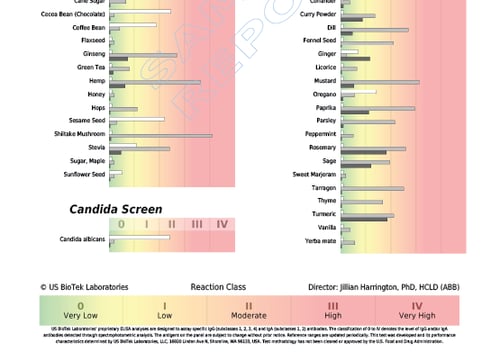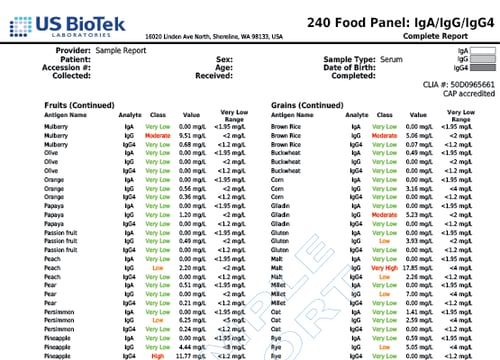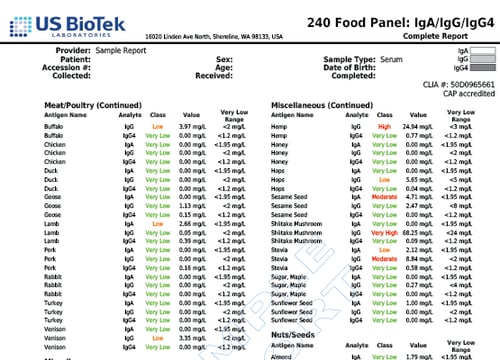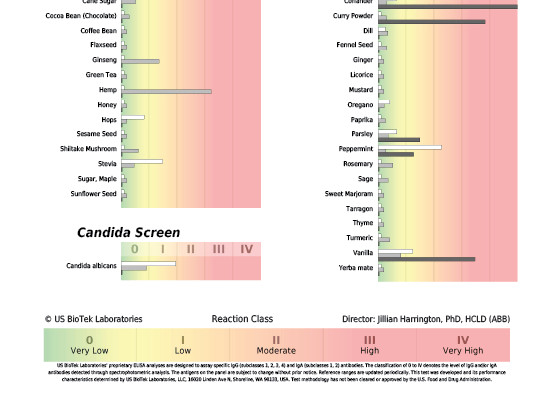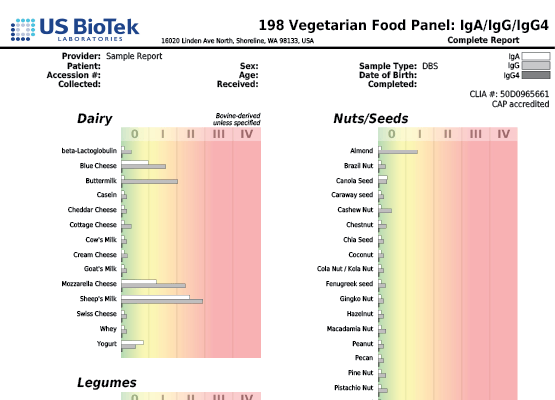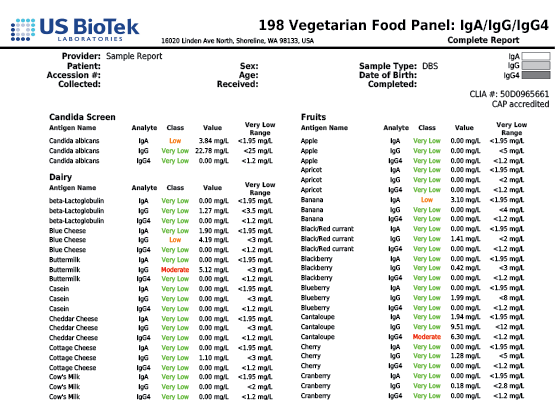Quantifying Mitochondria Function with Organic Acids Testing
Presented by Dr. Chris D. Meletis, ND
Mitochondrial dysfunction is associated with virtually every known disease. Consequently, supporting mitochondrial health is a critical part of clinical practice. To successfully rejuvenate the mitochondria, it is critical to determine whether your patient’s citric acid cycle is functioning optimally. This is achieved by running a US BioTek Urinary Metabolic Profile, or more commonly known as an organic acid test.
The citric-acid cycle—otherwise known as the Krebs cycle or TCA cycle— can best be described as a series of chemical reactions used by all aerobic organisms to release generate energy through the oxidation of acetyl-CoA derived from carbohydrates, fats, and proteins, into adenosine triphosphate. In eukaryotic cells, the citric acid cycle occurs within the matrix of the mitochondrion, thus focusing on sustaining mitochondrial integrity and function is essential to optimize whole body performance.
Simply put, the mitochondria are the powerhouses of the cell. If the citric acid cycle is not functioning optimally, critical components will not feed into the electron transport chain. Impairments in the citric acid cycle can affect mitochondrial function and thus can have wide-reaching effects on your patient’s health.


